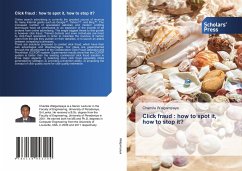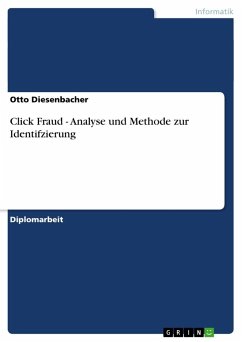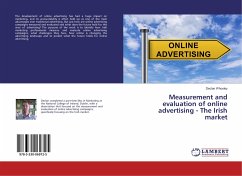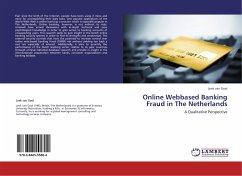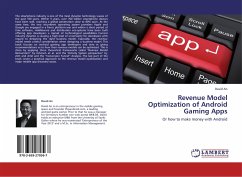Online search advertising is currently the greatest source of revenue for many Internet giants such as Google(TM), Yahoo!(TM), and Bing(TM). The increased number of specialized websites and modern profiling techniques have all contributed to an explosion of the income of ad brokers from online advertising. The single biggest threat to this growth is however click fraud. Trained botnets and even individuals are hired by click-fraud specialists in order to maximize the revenue of certain users from the ads they publish on their websites, or to launch an attack between competing businesses.There are solutions proposed to combat click fraud, which have their own advantages and disadvantages. Our ideas are experimented through the development of the Collaborative Click Fraud Detection and Prevention (CCFDP) system. Experimental results show that the CCFDP system is better than the existing commercial click fraud solution in three major aspects: 1) detecting more click fraud especiallyclicks generated by software; 2) providing prevention ability; 3) proposing the concept of click quality score for click quality estimation.
Bitte wählen Sie Ihr Anliegen aus.
Rechnungen
Retourenschein anfordern
Bestellstatus
Storno

